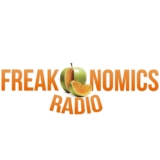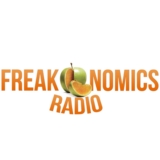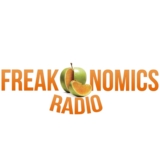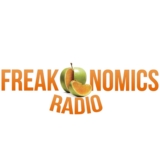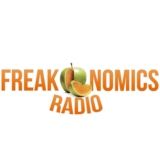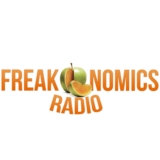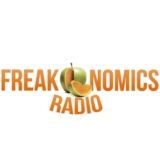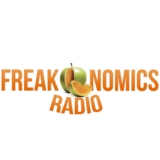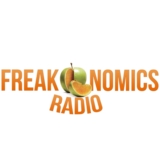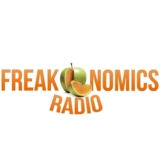A year ago, nobody was taking Andrew Yang very seriously. Now he is America’s favorite entrepre-nerd, with a candidacy that keeps gaining momentum. This ...
Every year, Americans short the I.R.S. nearly half a trillion dollars. Most ideas to increase compliance are more stick than carrot — scary letters, audits, ...
Innovation experts have long overlooked where a lot of innovation actually happens. The personal computer, the mountain bike, the artificial pancreas — none of ...
There are a lot of barriers to changing your mind: ego, overconfidence, inertia — and cost. Politicians who flip-flop get mocked; family and friends who cross ...
A recent outbreak of illness and death has gotten everyone’s attention — including late-to-the-game regulators. But would a ban on e-cigarettes do more harm ...
For nearly a decade, governments have been using behavioral nudges to solve problems — and the strategy is catching on in healthcare, firefighting, and ...
It’s an acutely haphazard way of paying workers, and yet it keeps expanding. We dig into the data to find out why.
Do economic sanctions work? Are big democracies any good at spreading democracy? What is the root cause of terrorism? It turns out that data analysis can help ...
For decades, there’s been a huge gender disparity both on-screen and behind the scenes. But it seems like cold, hard data — with an assist from the actor Geena ...
It used to be a global capital of innovation, invention, and exploration. Now it’s best known for its messy European divorce. We visit London to see if the ...
- « Previous Page
- 1
- …
- 36
- 37
- 38
- 39
- 40
- …
- 47
- Next Page »

